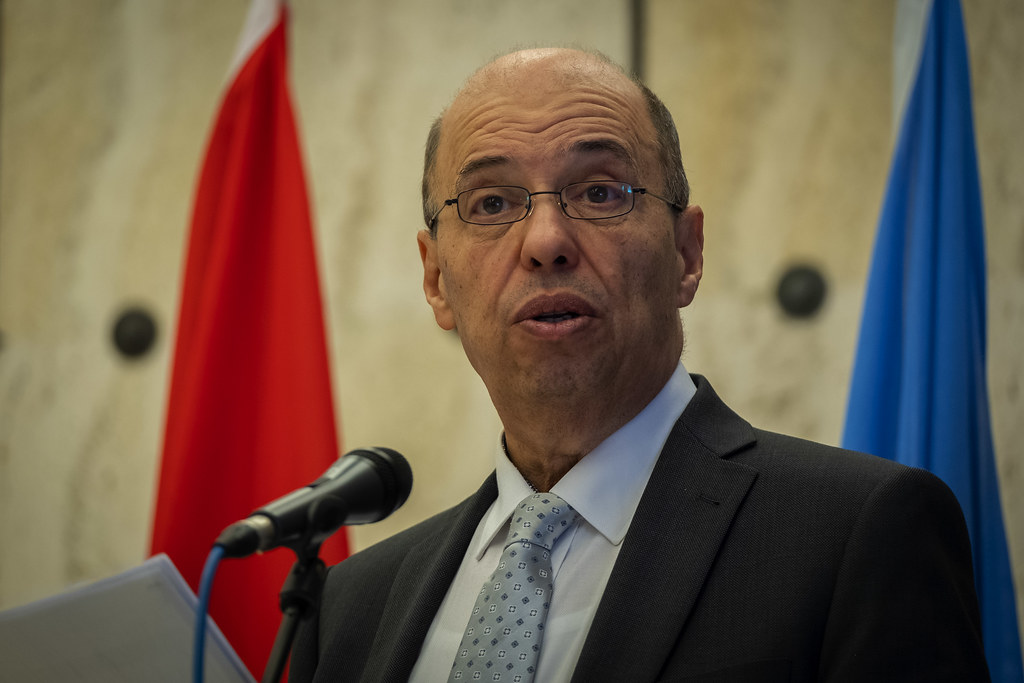Morocco emerged victorious in a secret ballot held in Geneva on Wednesday, securing the presidency of the United Nations Human Rights Council. Ambassador Omar Zniber, the Moroccan candidate, received 30 votes, defeating his South African opponent, Ambassador Mxolisi Nkosi, who secured 17 votes. While it was Africa’s turn to lead the council, a consensus on a single candidate from the continent was not reached.
After his election, Ambassador Zniber expressed his commitment to fulfilling the “requirements of our common work,” emphasising the promotion, respect, and guarantee of universally recognised human rights.

Morocco’s Foreign Ministry highlighted the successful candidature as a strong signal endorsing the country’s constructive approach and unifying leadership on key issues such as inter-religious dialogue, tolerance, the fight against racial hatred, environmental sustainability, migrants’ rights, and the impact of new technologies.
The ministry stated that Morocco’s election to the presidency, a first in its history, is a recognition of King Mohammed VI’s far-sighted vision in protecting and promoting human rights. The election reflects the ongoing momentum of reforms outlined in the 2011 Constitution, aiming at strengthening democracy, gender equality, social and territorial justice, human rights effectiveness, inclusive participation, and youth empowerment.
“The Kingdom’s election, supported by a large number of countries around the globe in spite of Algeria’s and South Africa’s efforts to counter it, demonstrates the trust and the credibility inspired by Morocco’s external actions. During its presidency, the Kingdom will remain faithful to the line it has set itself during its three mandates within the Human Rights Council, always favouring dialogue and consensus,” the statement read.
Ambassador Zniber, Morocco’s permanent representative at the UN in Geneva, brings extensive diplomatic experience to the role, having served as the ambassador of Morocco to various European countries in the past.


